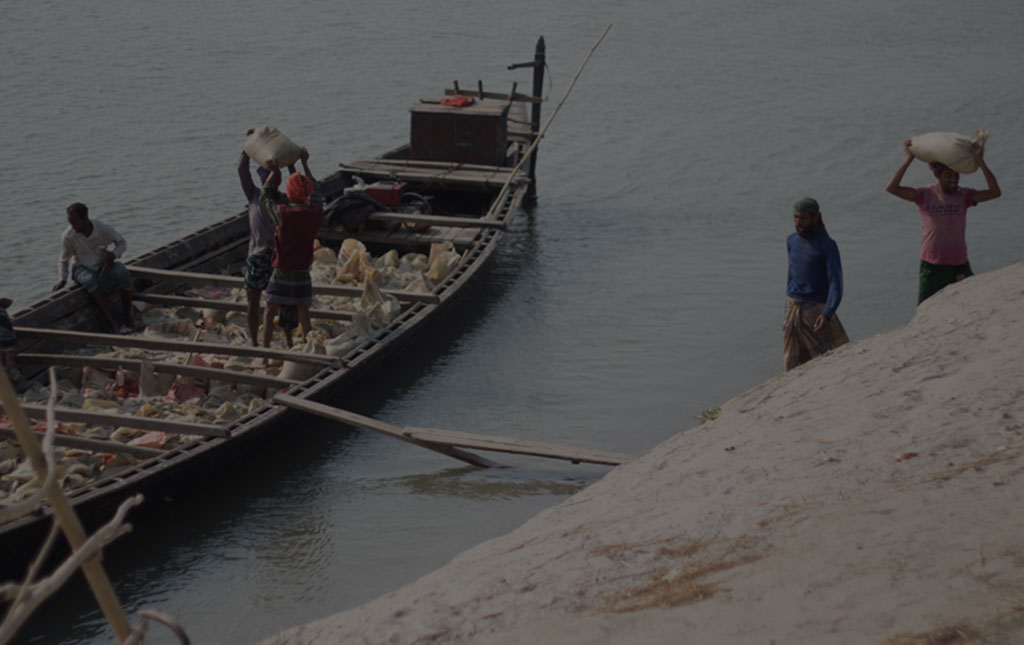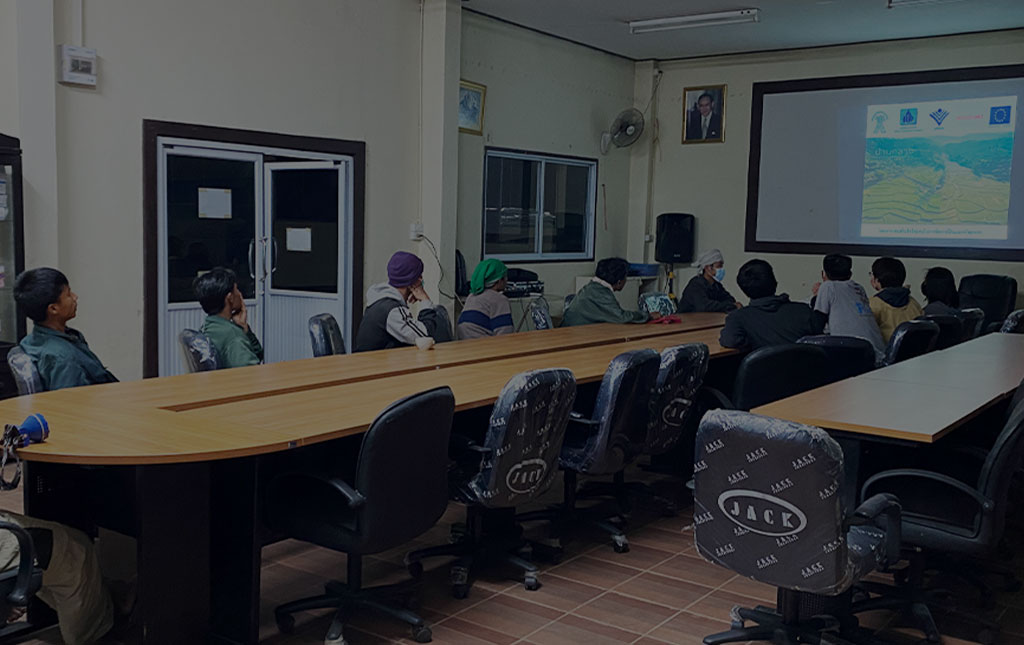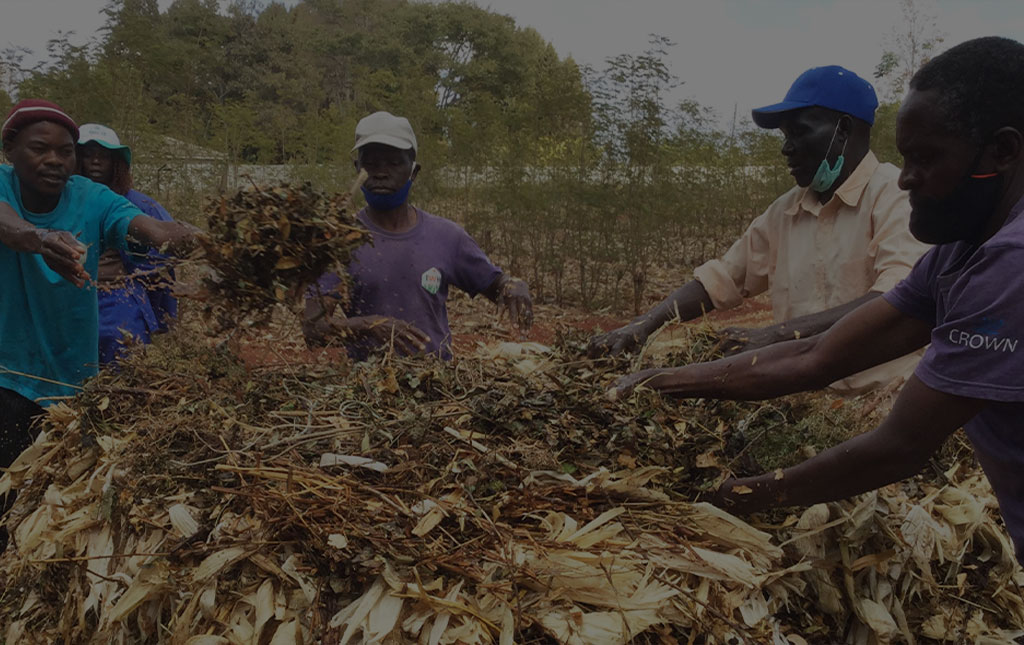Global climate change has severe impacts on humanity, with certain regions bearing the brunt of its effects. Areas such as Africa, South Asia, Central and South America, island nations, and the Arctic are particularly vulnerable. Studies indicate that deaths caused by floods, droughts, and storms in these regions are several times higher than in other parts of the world.
Beyond the threat to life, the daily existence of people in these affected areas has become increasingly difficult. For example, they often need to live through flooding and drought seasons, which affects the livelihood of people and the overall economy. The residents in these areas mostly acquire a livelihood by farming. Still, flooding and droughts are detrimental to the crops, and heavy rain washes fertiliser away, resulting in an unsuccessful harvest. Some of the farmer families could make a living through farming and achieve stability, but due to climate change, their lives could be stripped away and live in extreme poverty at any time.
This situation is an alarming reflection of climate injustice. Living in metropolitan cities, our understanding of climate change may just be a shorter winter or an ever-more hot summer season. We often overlook that our eating habits (particularly the consumption of beef), the increasing frequency of travel, and our pursuit of a lifestyle that promotes trends and fashion are all contributing to the problem of climate change. Even as the days get hotter or when flood seasons become more prolonged, we can hide in our homes and be protected under a shelter, where we cool ourselves down with an air conditioner.
On the contrary, people living in poverty are powerless to fight the impacts of climate change on them, so they can only rely on the many forms of assistance from different organisations. For instance, they will need financial and technical supplies to help them build a check dam on the river to solve flooding problems or teach them new farming methods that could save them from food shortages. Ironically, these people were the ones who worked to protect the environment: the aboriginal and minorities knew how to co-live with nature, herders protect the pasture well to feed their livestock, and people living in the mountains never over-hunt. The people who do not live in these places are doing the change and damage while letting people living in the area bear the consequences and making extra time and effort to repair.
Undeniably, while we may not be actively aware of or choose to ignore it, we are part of why climate injustice exists. As believers, we should not be deceiving ourselves by ignoring the damage we have done to the world and all the people living in poverty.
Sadly, we cannot alter the reality overnight. There will still be air conditioners everywhere we go, and beef remains widely available in frozen shops worldwide. Nevertheless, we ought to care about the issue of climate change and slowly adapt our lifestyle to address it. As we do so, we shall still seek ways to help the heavily impacted poor.
CEDAR and its partners have always been concerned about climate-vulnerable friends in different regions. Apart from providing immediate assistance after disasters, they also teach affected residents disaster preparedness awareness. Additionally, they provide training in cultivating ‘climate-tolerant crops’ to adapt to climate change, assist them in starting small businesses, teach handicraft skills, and enable them to earn more income, thereby escaping poverty.
We hope to see your actions in supporting the poor who are impacted by climate injustice; it will significantly change these people’s lives and make them feel the love of God.
ministry report
- 2023-2024 'Care for the Disaster-stricken Poor' Donation Campaign Report
- 2022-2023 'Care for the Disaster-stricken Poor' Donation Campaign Report
- 2021-2022 'Care for the Disaster-stricken Poor' Donation Campaign Report (Chinese only)
- 2020-2021 'Care for the Disaster-stricken Poor' Donation Campaign Report (Chinese only)
- 2019-2020 'Care for the Disaster-stricken Poor' Donation Campaign Report
your response
Please join our donation campaign ‘Care for the Disaster-stricken Poor’ immediately, by making a monthly contribution to assist communities at risk from climate crises. Through this initiative, we aim to educate the communities affected by extreme climate change about disaster preparedness and provide training on cultivating ‘climate-resistant crops’ to enhance their livelihoods.
Support disaster risk reduction work in 8 coastal villages in Bangladesh to reduce casualties caused by annual floods.
Provide agricultural training on cultivating ‘climate-tolerant crops’ to 60 Ethiopian farmers to enhance food security.
Support the establishment of community information systems in 6 highland rural areas in Thailand to manage natural resources and advocate for land rights.
Offer agricultural and financial planning training to 30 Zimbabwean farmers to learn financial management and reduce household debt.
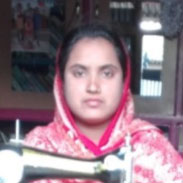
Now that I own a sewing machine, I can earn money by sewing clothes, which will enable me to provide for my three younger brothers and share my father’s burden.
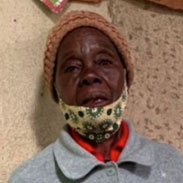
I beat hunger this year! This farming training has helped me a lot, and it has eased the burden on my family because I don’t have to worry about food.
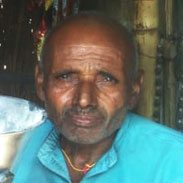
Opening a small shop and doing business gave me a way out, and I am now free from the hands of the moneylender!
donation method
(Please specify: Care for the Disaster-stricken Poor)
Cheque
Please make it payable to CEDAR FUND
Direct Deposit
HSBC: 004-600-385678-001
BEA: 015-185-68-00931-7SSA
BOC: 012-581-2-020114-7
DBS: 016-478-001364162
Faster Payment System
FPS ID: 3354016 or scan the below code in the online banking
After donation, please send a completed Donation Form, enclosing with cheque, bank-in slip or screenshot of successful payment along with your name, contact phone number and mailing address to us via mail, email or WhatsApp.
Address: CEDAR Fund, G.P.O. Box 3212, Hong Kong
Email: sharing@cedarfund.org
WhatsApp (for donation matters only): 5160 7549
- CEDAR is an approved charitable institution and trust of a public character under section 88 of the Inland Revenue Ordinance. Please visit Inland Revenue Department website for details.
- CEDAR Fund will issue a receipt for a donation of HK$100 or above for tax deduction. For a donation of less than HK$100, please get in touch with us to issue a receipt.
- Please DO NOT fax any donation information.


